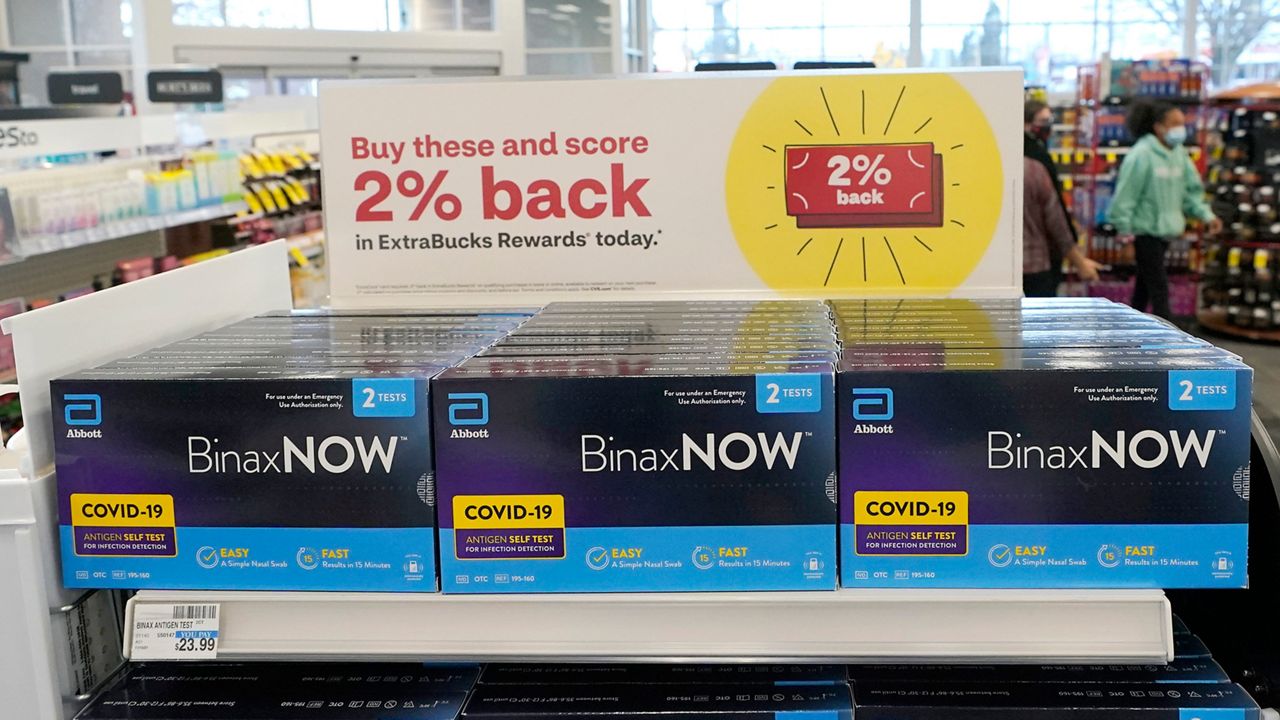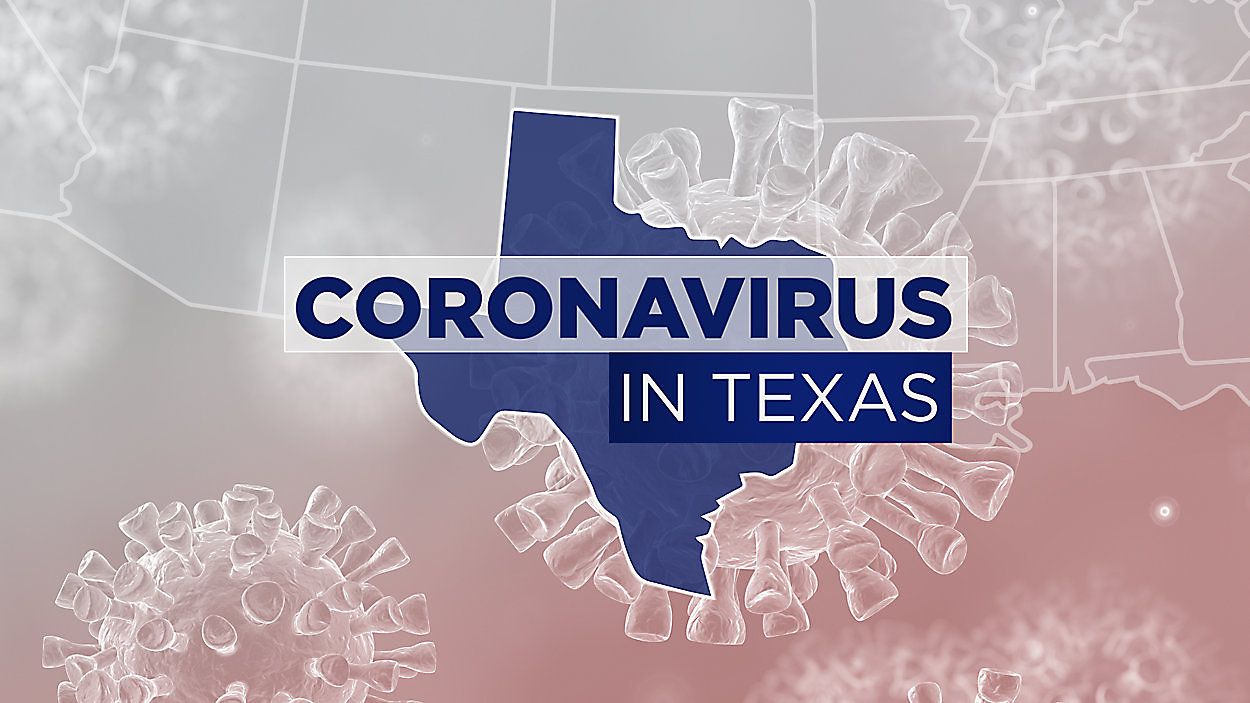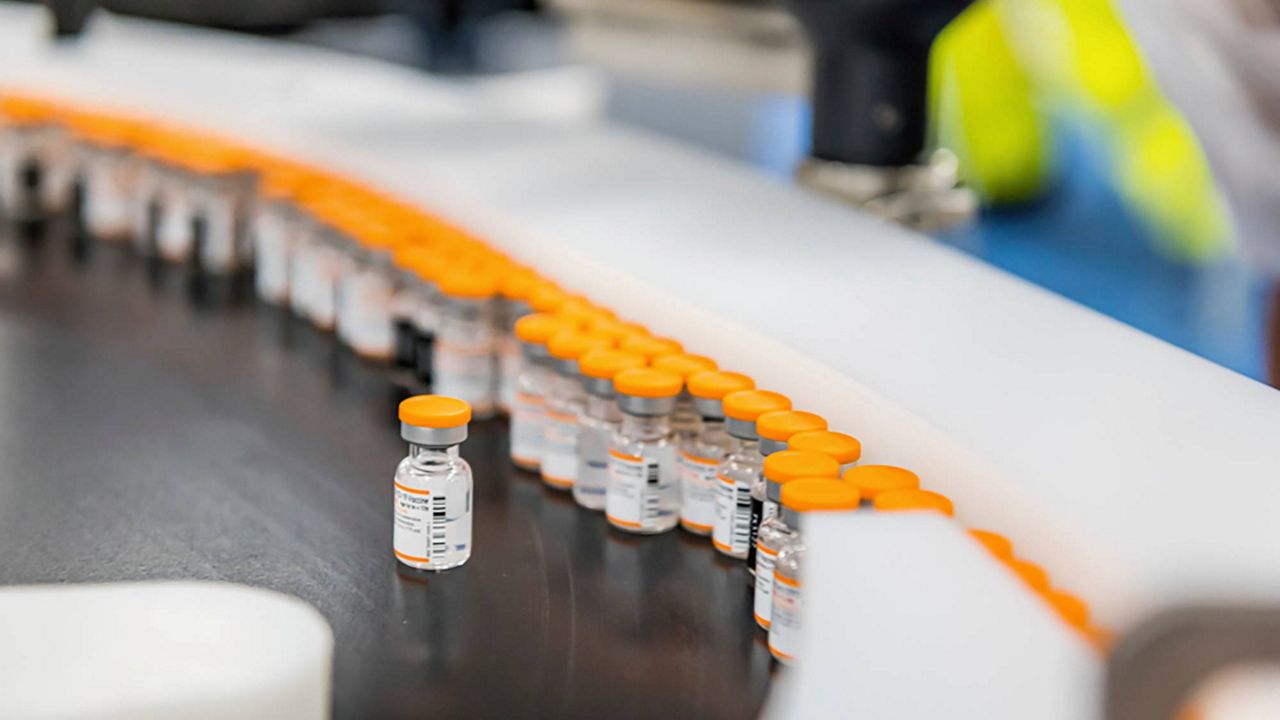SAN ANTONIO — David Birdy is reliving his own version of Untold Stories of the ER story after suffering from a heart attack while behind the wheel of his truck.
By living to tell the tale, he hopes others will make the right choice when their health is in severe danger, even during a pandemic.
"I'm very grateful and very blessed when I look back at how everything kinda transpired," said Birdy.
In September, Birdy was on his way home from work when he felt pain radiating down the left side of his body. Realizing he was quickly deteriorating, he pulled a maneuver only seen on the race track.
"I turned like this and whipped around this corner and I pulled in right here [to the fire station]," he said.
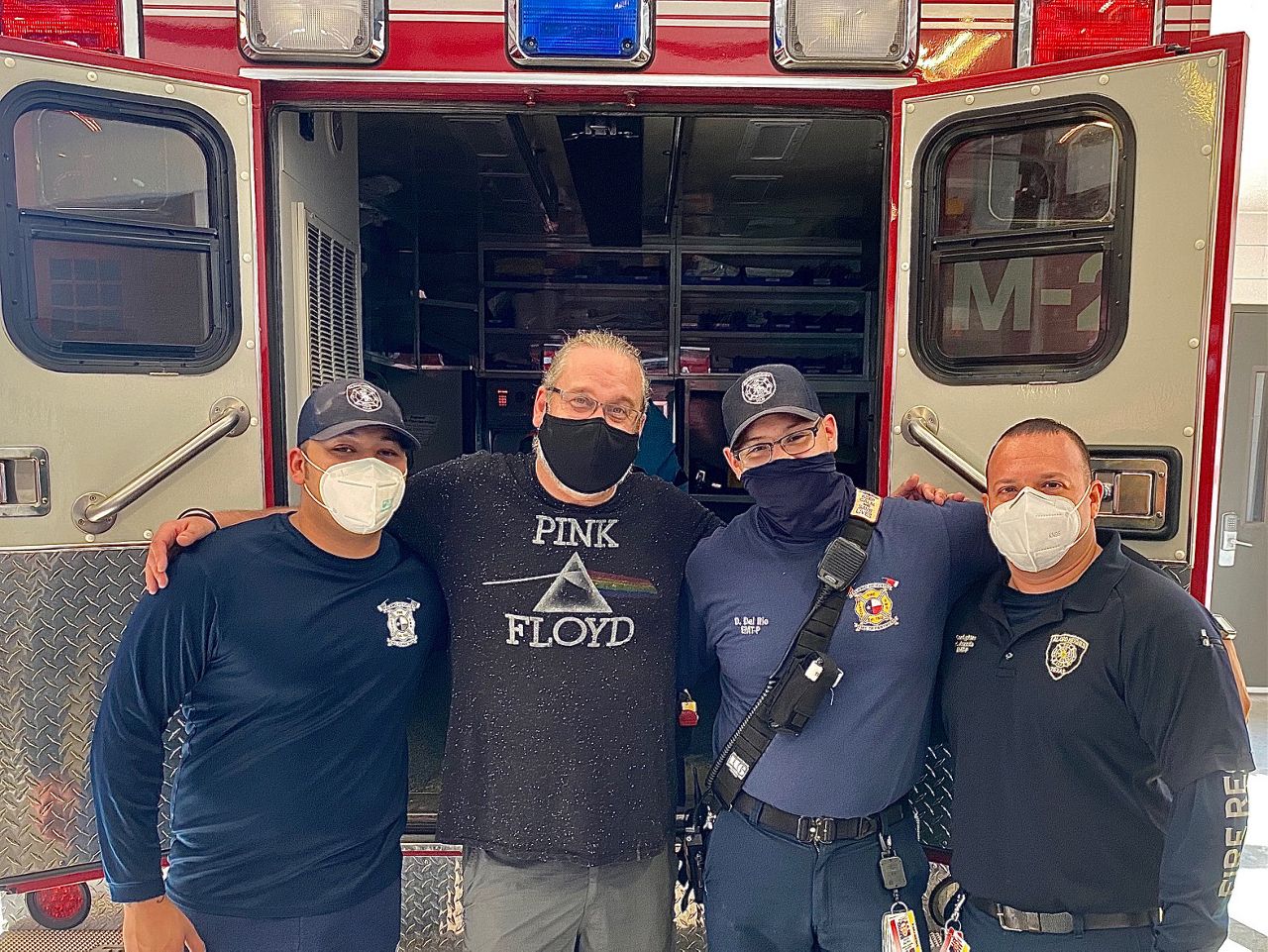
Collapsing out his vehicle, Birdy got the attention of a medic at the Alamo Heights Fire Department. Clutching the left side of his chest, it wasn't long before first responders strapped Birdy to a gurney and rolled out in an ambulance.
"Mr. Birdy came in with an inferior wall myocardial infarction," said Dr. Kiran Cheruku of Northeast Baptist Hospital.
In other words, a clogged right coronary artery and key indicator Birdy was suffering from a heart attack.
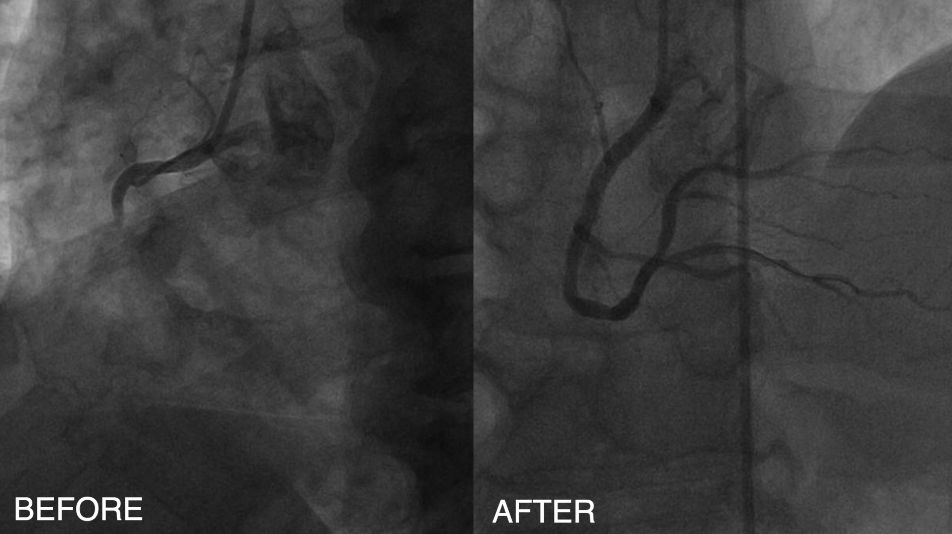
"We started a primary PCI on him and opened the artery and put a stent in him," Dr. Cheruku said.
A primary percutaneous coronary intervention, or PCI, is standard care when patients arrive in the catheterization lab.
"A tPA is also another option," the doctor said.
Tissue plasminogen activator, or tPA, is known for being a clot buster. It breaks down the patient's clot through IV injection to restore blood flow when experiencing a stroke, but can be used for heart attack patients as well. However, it's only used in rural operating rooms or ambulances.
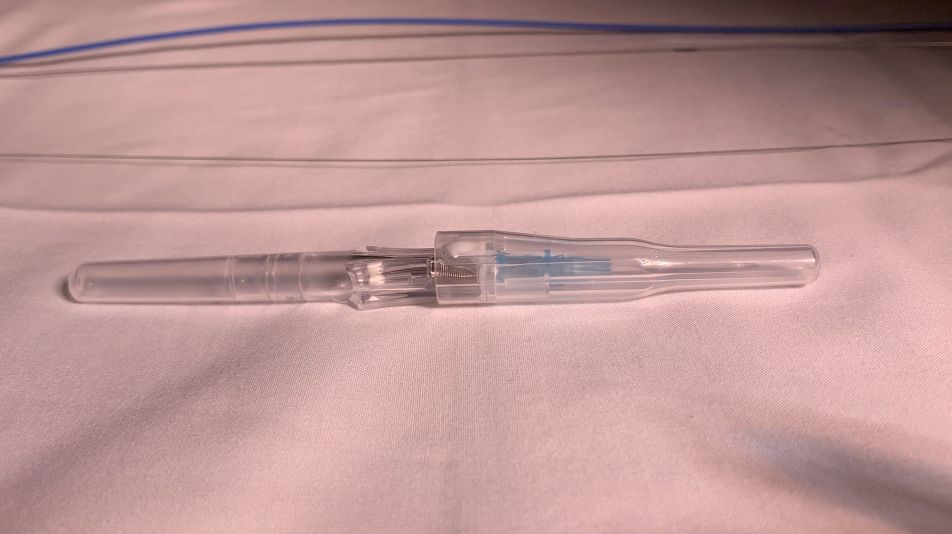
In an average year, Cheruku performs up to 140 PCIs under record-time door-to-balloon rates on heart attack patients. The pandemic has drastically reduced that number by more than half this year.
"I think people are afraid to come to these hospitals during the pandemic," Cheruku said.
The doctor said that hospitals in San Antonio are well equipped to handle non-COVID patients in a safe way. He warns putting off health issues can make the situation worse in the long run.
"I strongly urge people to call 911 if you're having chest pain," he said.
In Birdy's case, he also advised against driving yourself to the ER.
"The team that did their job did it flawlessly. It's because of that I am able to talk about my experience," Birdy said.
As part of his recovery, Birdy is on blood thinners for the next year and plans to undergo cardiac rehab. He's also added salads to his daily diet.








